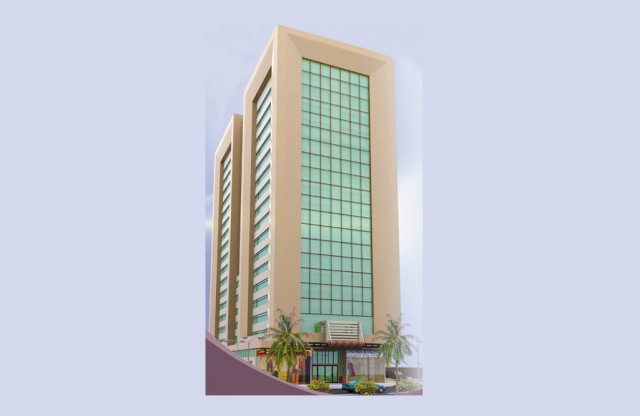Poverty and Crony Capitalism
The just distribution of resources is the responsibility of the state.

Poverty, hunger, unemployment, illiteracy and terrorism - all these ills in our society are related. It’s an apt time to ask ourselves, what is the cause?
After land, labour is the only source which creates value. Since ancient times labour has created more than enough value for human survival from earth. The technology has further helped to improve the out-put of labour and to preserve that produce.
With tremendous increases in labour, power, technology, natural resources and means of production, half of the world populace is still starving.
The distribution of the produce remains unfair. This unfair distribution of resources is justified with one magical word: ‘ownership’. Owners are permitted to contribute very little, and take quite a lot, leaving the rest to starve. That is ‘Capitalism’ - and we have to live with it!
Most of the third world states have inherited or adopted a crude form of ‘Capitalist System’ from imperial powers. Implementation of this cloned ‘capitalism’, which is already a self destructive phenomenon, without developing the necessary regulatory infrastructure has proved to be disastrous.
What we have here is a failure to regulate the capitalist system. Crony capitalism is a term describing an allegedly capitalist economy in which success in business depends on close relationships between businesspeople and government officials. For example, favouritism may be exhibited in the distribution of legal permits, government grants, special tax breaks, and so forth.
Crony capitalism is believed to arise when political cronyism spills over into the business world; self-serving friendships and family ties between businessmen and the government influence the economy and society to the extent that it corrupts public-serving economic and political ideals.
Society is left at the mercy of those holding capital and their greed for profits. This ‘crony capitalism’ gives birth to an unregulated exploitation and wide spread deprivation which turns breeds civil unrest.
Pakistan’s economic situation can be a unique example of an economic system, which has to be strictly regulated to prevent collapse, without having a functional regulatory infrastructure in place.
As a result of the lack of corporate governance structure and even violating already unfair ‘capitalist market’ principles, the system becomes rather cruel for those who earn through labour. Unregulated stocks, property, markets, rogue bankers and investment sectors are pushing economic inequality the brink setting the stage for a civil war between the haves and the have-nots.
Trading in stock markets has nothing to do with the real business of a corporation. Companies get stockholders’ money only when they sell new common stock, which is very rare.
As observed by Professor Ralph Estes in the ‘Tyranny of the Bottom Line’, “The stock market works like a used car market. When you buy a 1999 Ford, the money does not go to Ford but to the previous owner of the car. Ford gets the buyer’s money only when it sells a new car.”
The idea of ‘trading on the stock market’ is to create some liquidity so that shareholders can conveniently convert stocks in to cash. This activity produces no real value, and needs to be strictly regulated as the prices in stock markets are driven by principal of ‘demand and supply’ and prone to manipulation. Those holding capital can create artificial demand to push prices up and vice versa in order to create money without producing anything or providing any services.
When capital creates capital the real means of production is still missing even though more cash is available for spending. When more money is available to spend than the Gross National Product of a state, it pushes demand and prices higher. Higher demand and more cash shrinks the value of capital and adds to inflation. This causes what little money; the poor have to depreciate to the point where they cannot even afford a decent meal. The market becomes a casino and cash; the king, this dilutes the value of money earned through labour.
The biggest beneficiaries of this system are banks, brokers, hedge funds and so called ‘foreign investors’ who sit on huge amounts of cash. The size of market capitalisation in Pakistan has seen around $50 to $60 Billion.
An average hedge fund in the US possesses several times more cash than the entire market capitalisation of Pakistan’s largest stock market. What can be more seducing than a non-functional regulatory system to create an artificial demand or supply and make few quick billions?
Published in The Express Tribune, June 21st, 2010.


















COMMENTS
Comments are moderated and generally will be posted if they are on-topic and not abusive.
For more information, please see our Comments FAQ